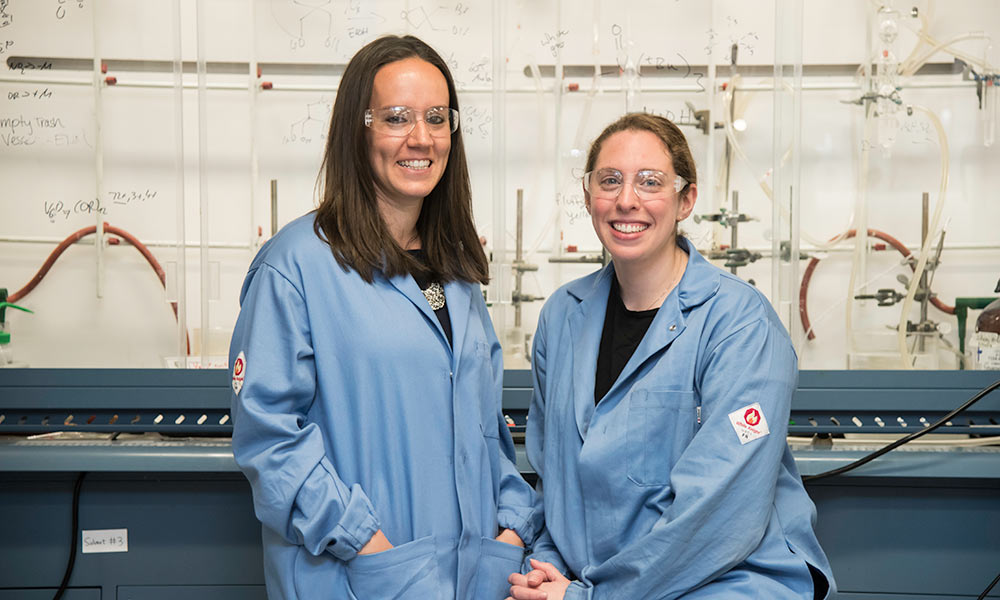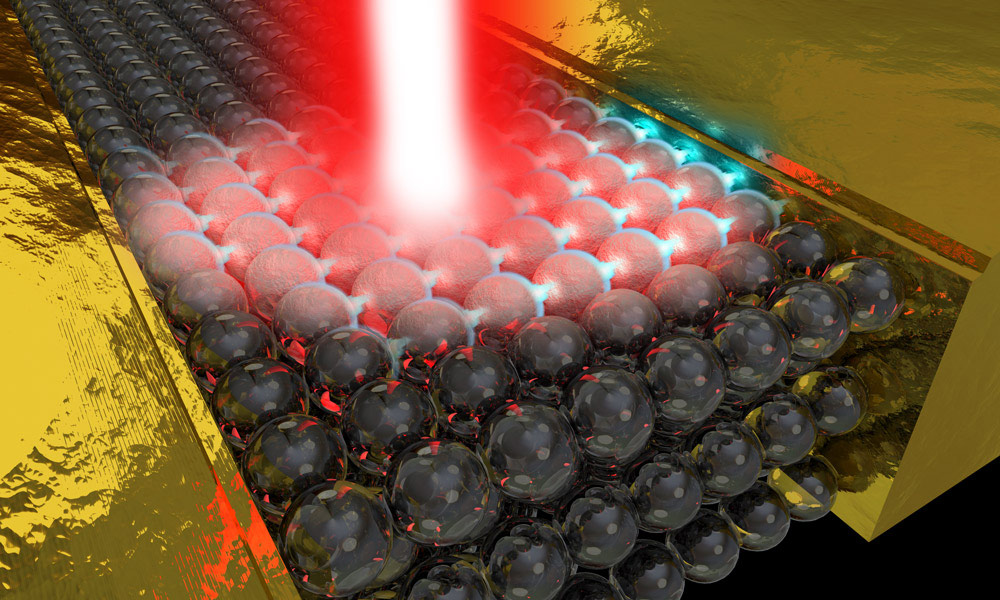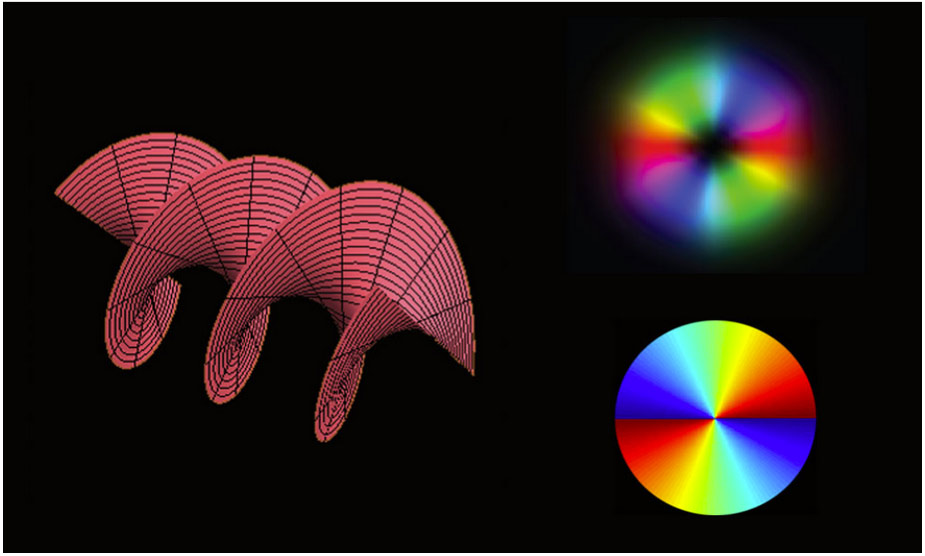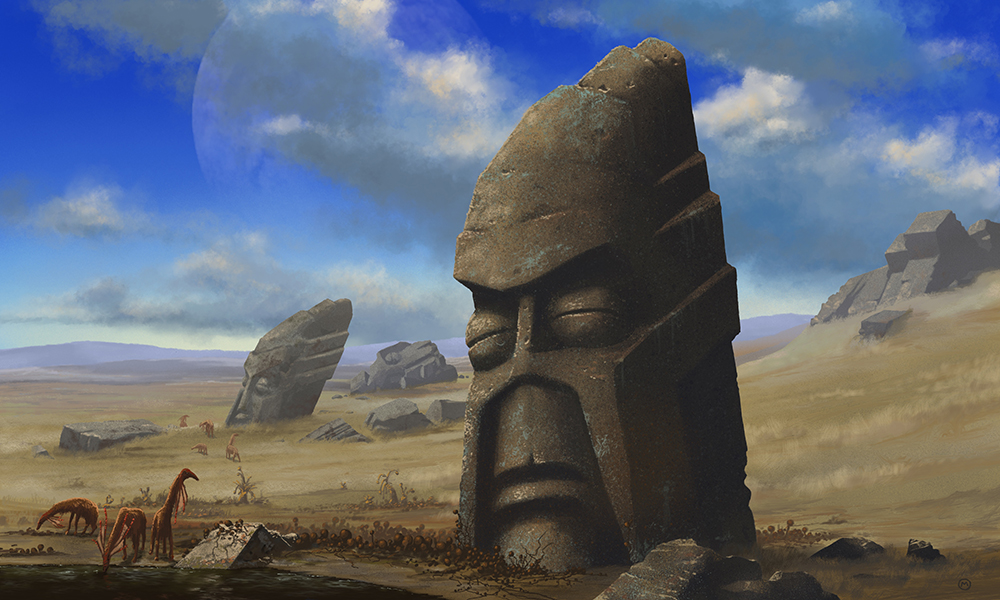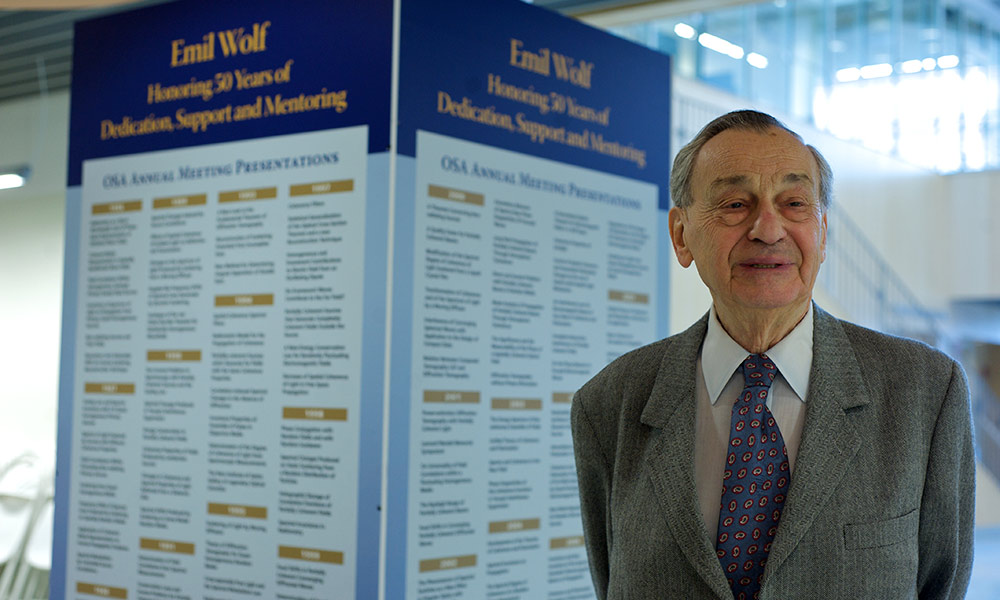
Science & Technology
An alumnus in space
August 6, 2018
University of Rochester alumnus Josh Cassada ’00 (PhD) has been named one of nine NASA astronauts making up the first U.S. crew in history to journey to space in American-made, commercial spacecraft. Cassada would be the third Rochester alumnus to go to space, joining Jim Pawelczyk ’82 and Ed Gibson ’59.

